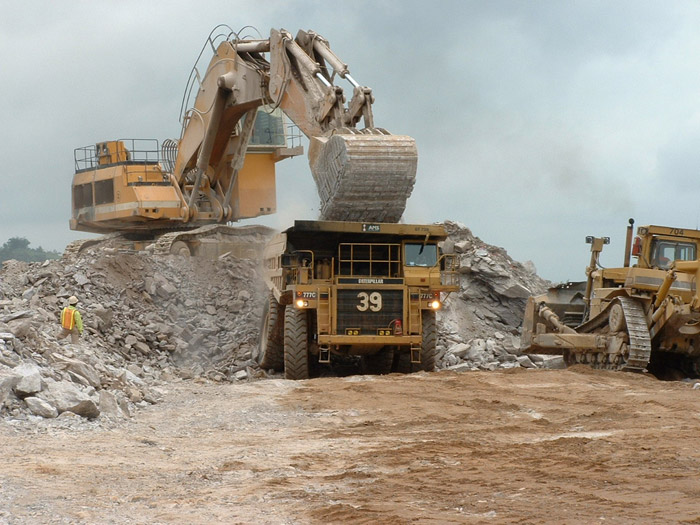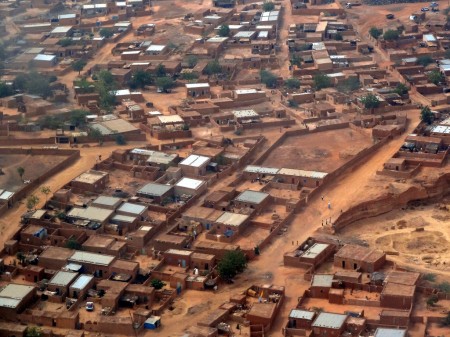
On 5 June 2013, 169 Chinese miners were arrested in Ghana’s gold-mining Ashanti region. These arrests followed Ghanaian President John Dramani Mahama’s decision to put an end to illegal mining by foreigners. Illegal mining is the driving factor behind a raft of problems in Ghana: it pits citizens against one another and against Chinese miners, results in an economic shortfall for the government and deprives citizens of a possible source of income. Most importantly, it could have a negative impact on peace and social cohesion, as currently witnessed in the eastern Democratic Republic of Congo (DRC).
Ghana, the second largest gold producer in Africa after South Africa, has in recent years recorded a large influx of migrants from various countries in search of raw materials, especially gold. Thousands of Chinese have left their villages in China, searching for better opportunities in gold-rich African countries like Burkina Faso, Togo and Ghana. Now these Chinese migrants have set their sights on the Ghanaian galamsey (artisanal gold miner). According to the South China Morning Post, nearly 50 000 illegal prospectors have left China for Ghana since 2005. According to the Ghana Immigration Service, these migrants use tourist visas to enter Ghana via neighbouring countries.

